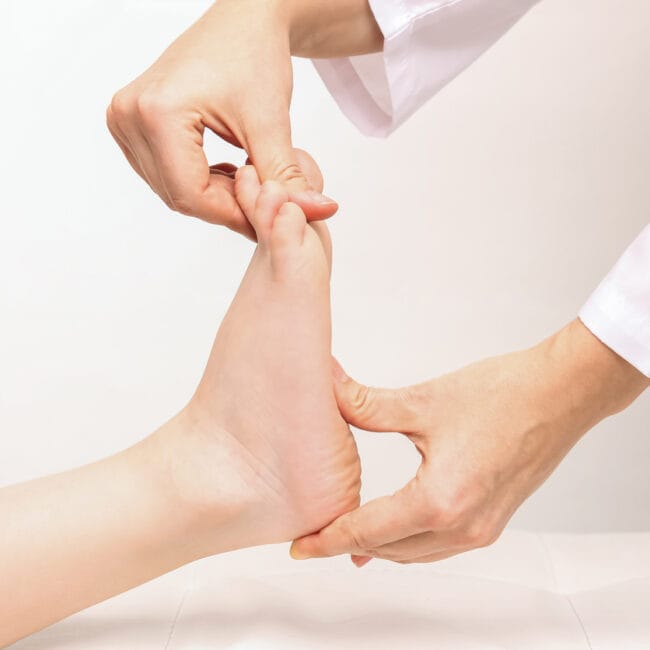Depression is a very common problem today in Ireland with 1 in 5 people believed to be affected by the illness at some stage in their lifetime. This means there is a good chance you know someone who suffers with the problem. We all experience events in our lives which can leave us “feeling down” and often these feelings disappear with time. However many people are unable to escape this “low mood” and find it difficult to resume their lives as usual. Long lasting feelings of sadness, and hopelessness poor sleep, lack of energy and anxiety can be seen in individuals who suffer with ‘clinical depression’. Of course depression affects everybody in a different manner and not all people will exhibit the same symptoms. This is especially true when looking at the differences between genders.
Depression in Men and Women
The symptoms of men and women differ and often men are less likely to confess to feelings of depression. This can mean that emotional problems in men can be harder to spot. Research shows (everydayhealth.com) that men are less likely to open up about depression or indeed seek treatment than women, often due to a “tough guy mentality” or indeed the perception that depression show signs of weakness. This is of course, should never be the case. Men usually express different symptoms than females and also cope with depression in differing manners. For example men are more likely to abuse alcohol and drugs, they may behave more aggressively and show more anger than women.
So Why are There Gender Differences in Depression ?
There may be both social and biological causes owing to the differences in depression amongst men and women. Women are diagnosed with the illness nearly twice as frequently as men. Early adolescence is a very important stage in peoples lives and it is a period of time where vulnerability is commonly seen. Hormonal influences in early adolescence make women more prone to depression. When women experience hormonal changes, before and during menstruation, before and post-childbirth and before and after menopause. they become more susceptible to low moods and also an increased risk of suffering from depression.
Women may experience depression more frequently than men due to social factors such as “expected” gender roles of women. Today there are more women in the workplace then in the past and are often expected to bear most of the responsibility of bringing up children and managing a household. The stress of dealing with both of these factors can be a great cause of stress and many women may feel conflicted with regards to choices of career and family.
Male depression is encompassed by many of the same basic symptoms of female depression however men may be more willing to acknowledge feeling fatigued, irritability, loss of interest in social and work activities and changes in eating and sleeping than they would be to admitting to feeling sad, guilty or empty.
Some Symptoms of Depression in Men and Women
As discussed above the symptoms of depression vary greatly from person to person which can make it hard to identify however some of the signs to look out for include:
Different symptoms of depression can be seen between men and women- Women may exhibit the ”classic” signs of depression, sadness, crying, lack of sleep, feeling guilty and lacking of self-worth or self-esteem (Women’s Symptoms)
Men show signs of irritability anger and can be abusive. They often turn to alcohol and drugs as mentioned before, this is often used to hide their symptoms. Behaviour can become more reckless as men lose interest in their lives. Men are also less likely to discuss their feelings of depression and have thoughts they need to just “suck it up” and deal with depression themselves. (Men’ Symptoms)
Where to Turn When Suffering from Depression?
Depression is being diagnosed in people of all ages these days, even those in their early teens so it is important for people who may suspect something is wrong, to talk to those who are suffering from the illness. Depression in youth can lead to much more serious problems in later life, so early intervention is of great importance. If you think you or a loved one is suffering with depression it is vital to seek help from a family and friends and then consult a doctor. A psychological evaluation should also be undertaken and then a course of treatment can be administered. This is a shortened version of the process but it is important to know that these steps will greatly increase the success rate with regard to battling depression.
Here at Spectrum health, we have a team of counselling Psychologists who are highly skilled and experienced at treating depression in people of all ages. If you do think we can help you or somebody you know contact us and we can start a treatment process right away. We provide first class mental healthcare services in a number of clinics across Dublin.
References:















